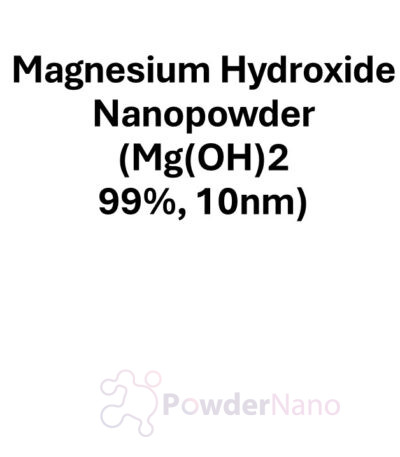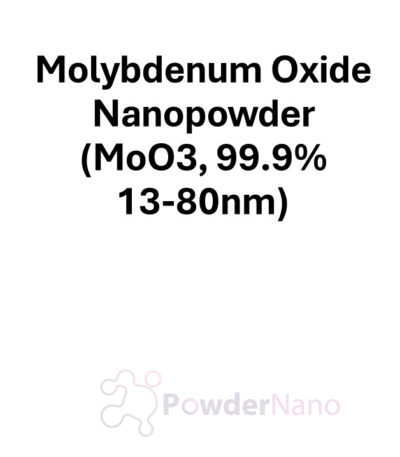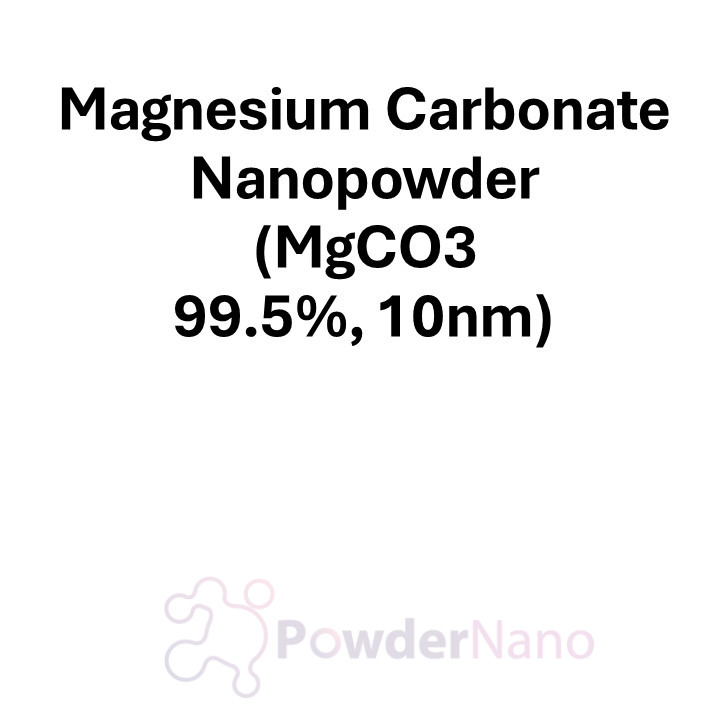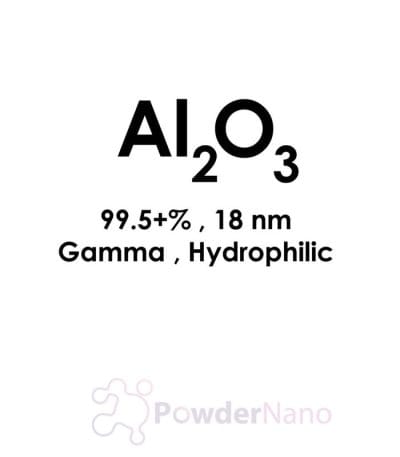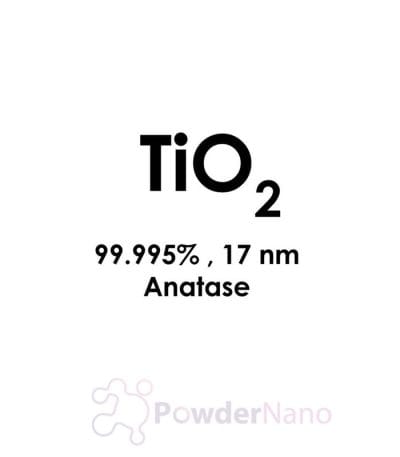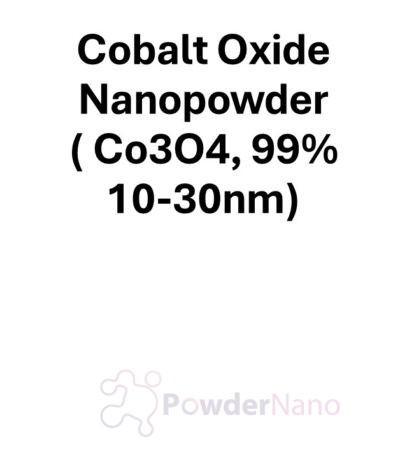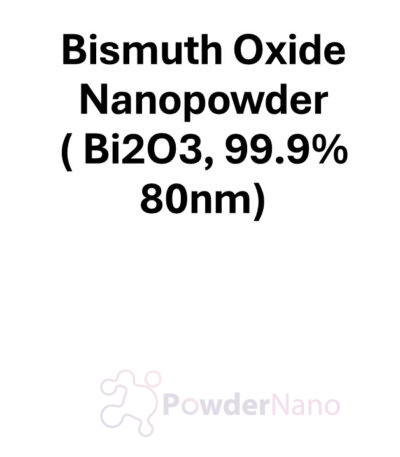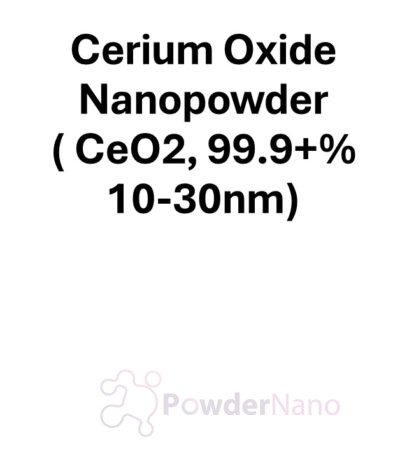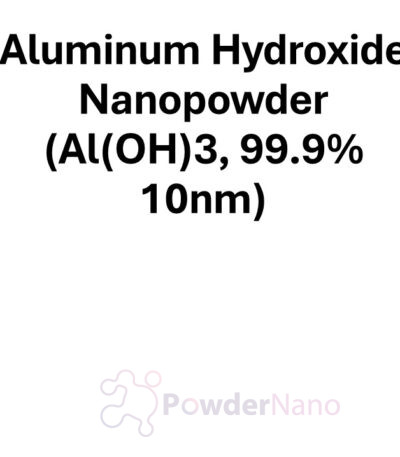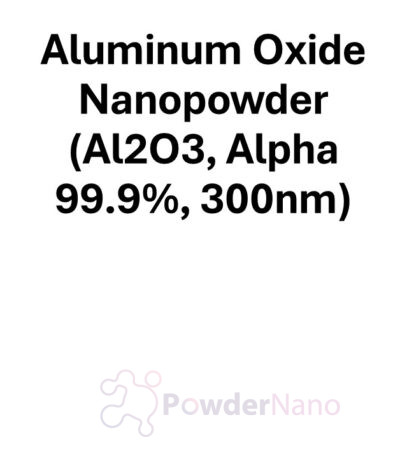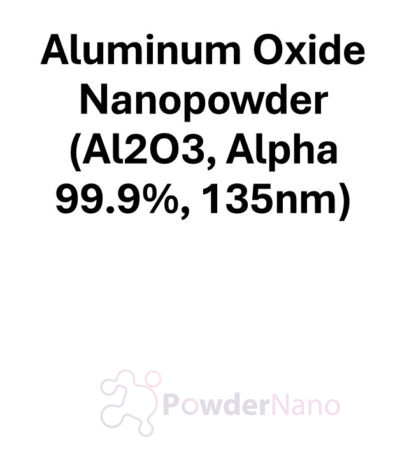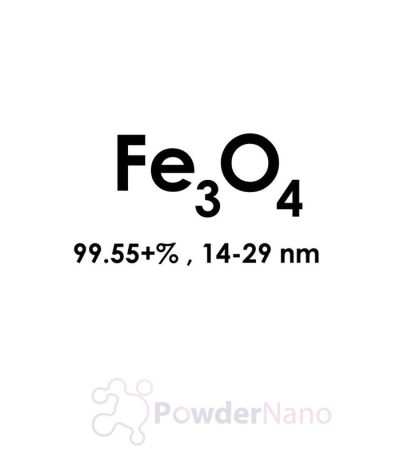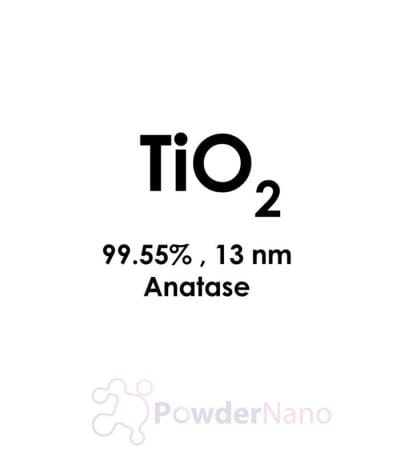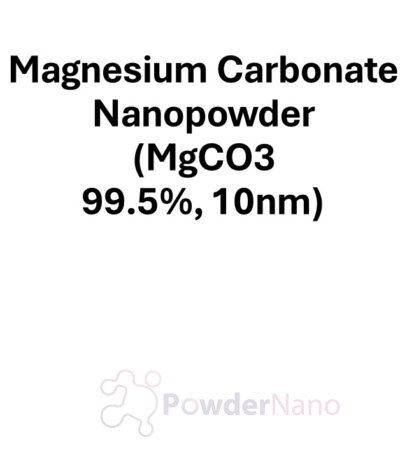Technical Specifications
- Product Name: Magnesium Carbonate Nanopowder
- Chemical Formula: MgCO₃ (Magnesium Carbonate)
- CAS Number: 546-93-0
- Purity
- Grade: 99.5% (high purity)
- Impurities: ≤0.5% (trace elements and other oxides)
- Particle Size
- Average Size: ~10 nm
- Particle Size Distribution: Verified using SEM (Scanning Electron Microscopy) or TEM (Transmission Electron Microscopy)
- Morphology
- Shape: Near-spherical or irregular particles with uniform distribution
- Surface Area: High, due to nanoscale size, enhancing reactivity and surface interactions
- Crystal Structure
- Phase: Rhombohedral
- Physical and Chemical Properties
- Color: White powder
- Density: ~2.95 g/cm³
- Melting Point: Decomposes to MgO and CO₂ at high temperatures (~350 °C)
- Thermal Stability: Stable at room temperature but decomposes under heating
- Solubility: Slightly soluble in water, more soluble in acids to form magnesium salts
- Packaging and Storage
- Standard Packaging: Sealed in airtight, moisture-resistant containers to prevent contamination and agglomeration
- Storage Conditions: Store in a cool, dry place; avoid prolonged exposure to air and moisture
- Shelf Life: Stable under proper storage conditions
- Safety and Handling
- Hazards:
- Magnesium carbonate dust may irritate the respiratory system, skin, and eyes if inhaled or exposed.
- Non-flammable but should be handled carefully to prevent exposure to airborne dust.
- Recommended Protective Measures:
- Use PPE (e.g., gloves, goggles, and dust masks).
- Handle in a well-ventilated area to minimize airborne particle exposure.
- Hazards:
Applications
- Pharmaceutical and Food Industry
- Antacid: Magnesium carbonate is widely used in the pharmaceutical industry as an antacid to treat indigestion and heartburn.
- Dietary Supplement: It is used as a magnesium supplement in various formulations to prevent or treat magnesium deficiency.
- Environmental Applications
- Water Treatment: Magnesium carbonate is employed in water treatment processes, particularly for neutralizing acidic water and removing impurities.
- CO₂ Sequestration: It is used in CO₂ capture technologies, where magnesium carbonate helps in the absorption of carbon dioxide from industrial emissions.
- Catalysis and Chemical Reactions
- Catalytic Support: Used as a support material for catalysts in various chemical reactions, especially in the petrochemical industry for refining processes.
- Chemical Synthesis: It is employed in chemical processes where magnesium carbonate acts as a base to neutralize acids or as a mild catalyst in specific organic reactions.
- Nanocomposites
- Reinforcement Material: Magnesium carbonate nanopowder is used to reinforce composite materials, enhancing their mechanical and thermal properties.
- Functional Additives: It is incorporated into nanocomposites to improve performance in applications requiring enhanced properties like flexibility, conductivity, and strength.
- Cosmetics and Personal Care Products
- Skin Care: Magnesium carbonate is used in various cosmetic formulations for its mild abrasive properties and as a carrier for active ingredients.
- Antiperspirants: It is also used in some deodorants and antiperspirants due to its ability to absorb moisture and reduce perspiration.
- Flame Retardants
- Fireproof Materials: Magnesium carbonate is utilized in the production of fire-resistant coatings and materials. It is particularly used in applications where non-toxic, eco-friendly fireproofing agents are required.
- Building Materials
- Cement Additive: Used as an additive in cement and concrete formulations, magnesium carbonate helps to improve the strength and durability of the materials.
- Plaster and Paint: It is used in some plaster products and paints as a filler material, improving texture and consistency.
- Agriculture
- Soil Amendment: Magnesium carbonate is applied to soil as a magnesium source to help maintain proper nutrient balance and improve plant growth.
- Fungicides: It is also used in some fungicide formulations to prevent the spread of fungal infections in crops.
- Research and Development
- Material Science: Magnesium carbonate is extensively studied for its unique properties, particularly in high-performance materials, catalysis, and nanotechnology.
- Prototype Development: Applied in experimental setups for developing next-generation technologies in environmental systems, energy storage, and pharmaceutical applications.
Key Features
- High Purity (99.5%): Ensures optimal performance in critical applications such as pharmaceuticals, food products, and environmental treatment.
- Nanoscale Size (10 nm): Provides an exceptionally high surface area, enhancing reactivity and efficiency in applications like catalysis, nanocomposites, and drug delivery.
- Versatile Applications: Ideal for use in a wide range of industries, from pharmaceuticals to agriculture, environmental technologies, and advanced materials.
